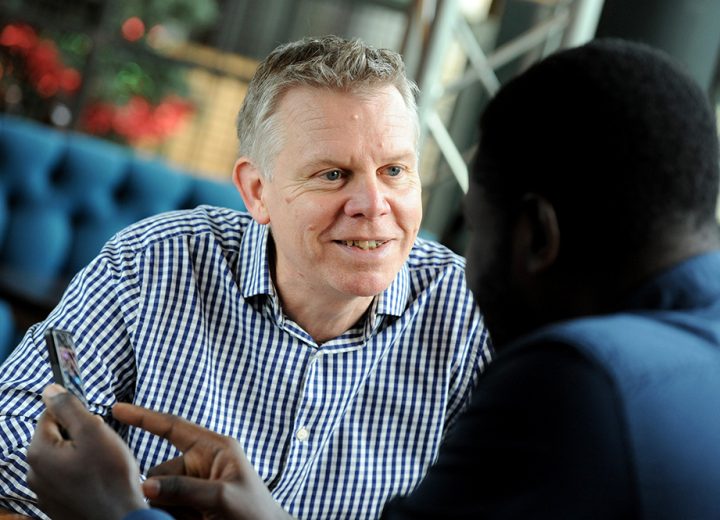Nervous About Media Interviews? Here Are Some Top Tips…
Does the thought of giving a media interview make you want to run a mile? Yes…? You’re not the only one!
Being interviewed by a journalist can be daunting, particularly if you have no experience at giving media interviews.
While it can be daunting and scary, being interviewed on or off camera is not something to fear or run away from. Media relations is a fantastic way of getting your brand and story out in the public domain. And for the most part, it doesn’t cost your business a penny.
It doesn’t matter what type of media interview you’re giving – in front of a TV camera, live in a radio studio or just chatting to a reporter over the phone – here are some top tips to help you smash your next interview!
- Prepare and practise! It sounds obvious, but this is the most important step. Don’t get caught off guard – think about the questions you are likely to be asked and prepare your answers loosely around them. If you’ve got time, ask a colleague to do a mock interview with you.
- Decide what you want to say. It’s important to prepare two or three key points beforehand and do your best to get these across during the interview. For example, even if they don’t ask for your website address, try your best to give it to them!
- Make some notes. Having a crib sheet handy to remind you of key facts and figures is fine for radio, print and online, but don’t rustle the paper into the microphone. For TV you’re on your own, without notes!
- Understand what’s going to happen. Feel free to ask questions before you do the interview. Will it be broadcast live or recorded in advance? How long will it last? Who else will they be interviewing? What do they already know? What will the first question be?
- Speak in soundbites. You will probably have just a few short minutes or even seconds to get across your key points, so don’t waffle. For a broadcast interview, try to speak short, catchy soundbites which can be easily edited. Don’t um and ah. Even when speaking to a print or online reporter it will help them if you speak clearly and concisely.
- Turn a negative into a positive. If something negative has happened, try to counter the reporter’s negative questions with something positive. “X has happened, but to resolve that we are doing Y and Z.”
- The microphone might be on! We all remember Gordon Brown’s ‘bigot’ incident in 2010 and most recently, the CEO of Sainsbury’s singing ‘we’re in the money’ before an interview about their merger with Asda. In some studios, the cameras are small and static, so you might not even notice them. It’s always best to presume you’re being seen, heard and recorded!
- Nothing is ever ‘off the record’! Don’t say anything to a journalist that you aren’t prepared to be published or broadcast
- Don’t be afraid to pour water on factually untrue stories.
Nerves are common and completely normal, but have you ever considered taking steps to reduce them to increase your performance level?
Over the years, we’ve delivered several intensive media training sessions to businesses from a range of industries. The idea is to prepare businesses and key spokespeople to handle media interviews in any form.
Our media training sessions are designed to help spokespeople answer difficult questions and equip them with different techniques to get their key messages across. The aim is to make sure you leave the session feeling more comfortable and confident when talking to the media.
As well as a tutorial delivered by our team of former print and broadcast journalists, we help clients prepare for difficult interviews and follow it up by putting them through their paces with a series of mock interview scenarios.
If you want to find out more about our media training service, call us on 01522 528540.
LT










